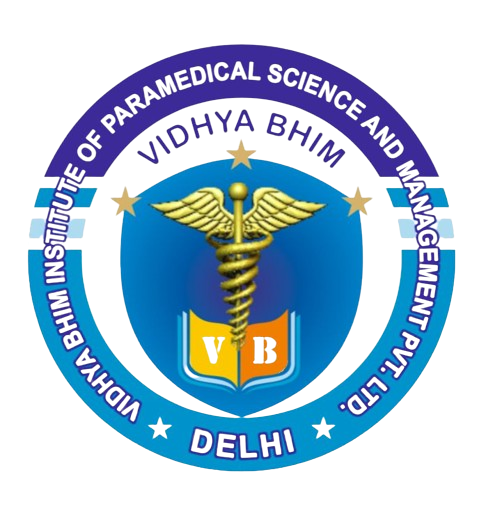NEET
NEET stands for the National Eligibility cum Entrance Test. It’s a national-level entrance examination in India for admission to undergraduate medical courses (MBBS/BDS) and postgraduate courses (MD/MS) in various government and private medical colleges across the country. NEET replaced multiple medical entrance exams previously held by different states and institutions, aiming to standardize the medical admission process and ensure fairness and transparency.
Eligibility criteria for NEET
Nationality: Indian Nationals, Non-Resident Indians (NRIs), Overseas Citizen of India (OCI), Persons of Indian Origin (PIO), and Foreign Nationals are eligible to appear for NEET.
Age Limit:
- For General category candidates: The minimum age limit is usually 17 years as of December 31 of the year of admission and the maximum age limit is generally 25 years (as of the examination year). There may be some relaxation for reserved categories.
- For SC/ST/OBC category candidates: There’s usually a relaxation of up to 5 years in the upper age limit.
Qualification:
- Candidates should have passed 10+2 or equivalent examination with Physics, Chemistry, Biology/Biotechnology, and English as core subjects from a recognized board or university.
- The minimum aggregate marks required in qualifying examination vary for different categories (usually around 50% for General category and 40% for reserved categories).
Subject Requirements:
- The candidate must have studied Physics, Chemistry, Biology/Biotechnology, and English in their qualifying examination.
Attempts: There is usually a limit on the number of attempts a candidate can make for NEET. As of my last update, the number of attempts was limited to three for general category candidates and five for reserved category candidates.

